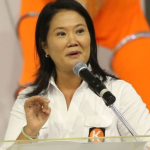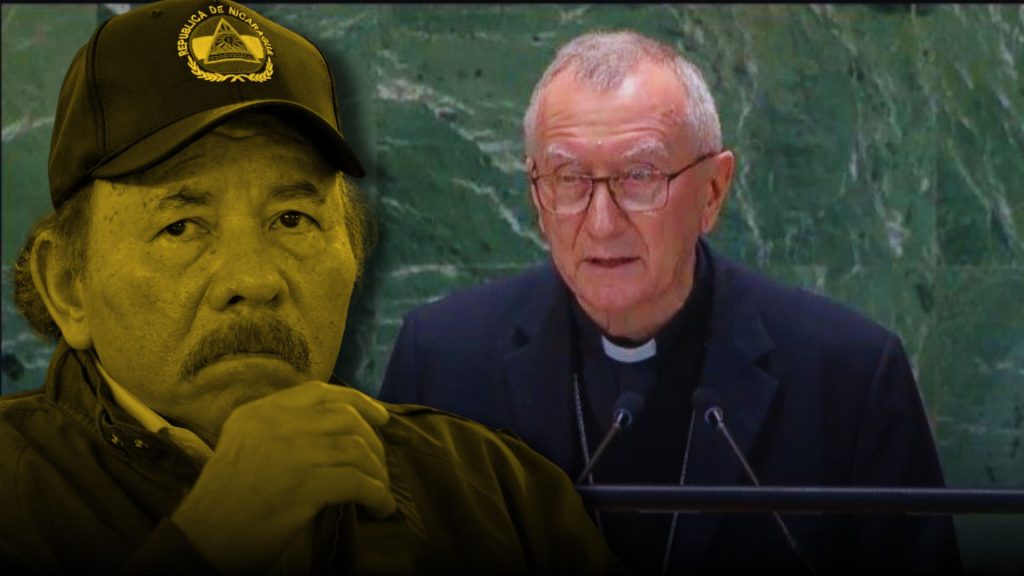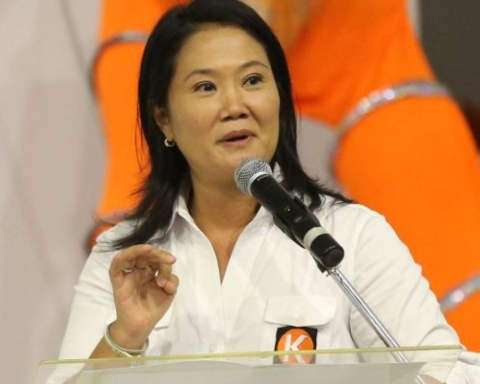Alonso Urrutia
La Jornada Newspaper
Monday, September 30, 2024, p. 5
Tomorrow, with the arrival of Claudia Sheinbaum Pardo to the Presidency of the Republic, a decade of dizzying advances by Mexican women in public office will come to fruition, which has led to a solid presence in local congresses, in the Judiciary and in positions directors of autonomous organizations. The 2014 electoral reform, which incorporated parity of candidates and the subsequent constitutional modifications called Parity in Everything, placed Mexico among the vanguard countries in gender equality.
Although by 2014 six women had already been governors in the history of Mexico, since Griselda Álvarez did so in Colima in the 1970s, in that year the 32 state leaders were men and the female presence in the other powers and autonomous organizations was not It was significant.
Currently, as a result of these changes and criteria in affirmative actions both in the National Electoral Institute and in the Electoral Tribunal of the Judicial Branch of the Federation, there are 11 female governors, with the recent swearing-in of Denise García in Guanajuato.
However, derived from the June election results, three more leaders will join in the coming days and weeks: Clara Brugada, in Mexico City; Rocío Nahle, in Veracruz, and Margarita González, in Morelos. Next December there will be 14 female governors, a figure very close to 50 percent of the entities.
A similar evolution has occurred in state congresses, since currently in 18 there is a majority of female legislators. Despite this, as a reminiscence in practices, only in seven, the Political Coordination Board is headed by a woman and in 13 the board of directors is chaired by a female deputy.
Regarding the judicial powers, although the presence of female magistrates has increased, currently only ten of them are presided over by women.
A long historical fight
Although the exponential growth of the female presence has accelerated in recent years, the fight for women’s political participation began more than a century ago.
The first steps of the participation of women in politics occurred in Yucatán with the activism of who was called The red nun of Mayab: Elvia Carrillo Puerto, sister of Felipe Carrillo Puerto. Her role in the women’s suffrage movement was very important, as one of the first promoters, as she founded one of the first women’s organizations in the fight for political gender rights in 1912. Her political activism also led her to support some of the first insurrection actions against Porfirio Díaz in his land.
Linked to Rita Cetina, one of the first feminists in Yucatán, Elvia Carrillo Puerto was able to develop a political career also supported by her brother Felipe, who became governor of Yucatán, after having led the Socialist Party of the Southeast. This allowed her, along with Beatriz Peniche and Raquel Dzib, to become the first deputies in Yucatán and in the country.
However, the murder of his brother precipitated his departure from the entity, with the return of the conservatives to power.
In Michoacán, María del Refugio García, a member of the Mexican Communist Party in the second decade of the 20th century, also promoted the women’s cause and the granting of political rights to vote, although she also stood out for her support for the fight in favor of revolution.
Even within the party she fought for female marginalization and over time, she developed greater activity in favor of female political participation, founding the United Front for Women’s Rights in 1935, being general secretary, during the government of Lázaro Cárdenas. Eventually she was one of the first federal deputies in 1955, in the first election under the reform promoted by President Adolfo Ruiz Cortines that finally gave women the vote.
The reform occurred in a context in which the United Nations had urged countries that had not yet granted this right to do so. Thus, on October 17, 1953, it was finally incorporated into the Mexican legal framework: Citizens of the Republic are men and women who, having the status of Mexicans, also meet the following requirements: having turned 18 years old, if they are married, or 21 if they are not married, and having an honest way of living.
.
This Tuesday, 81 years later, Sheinbaum Pardo will take office as the first president of the Republic.
















